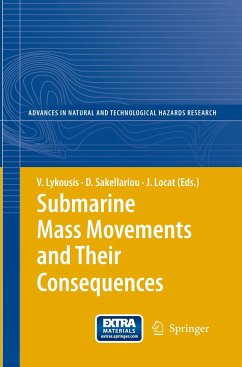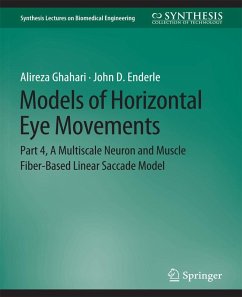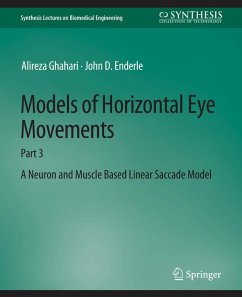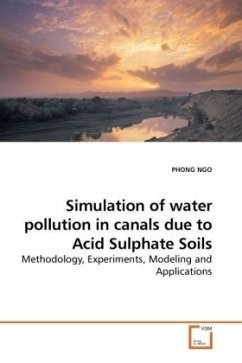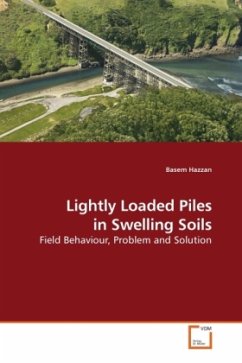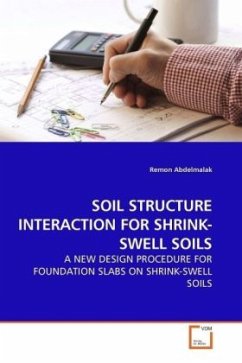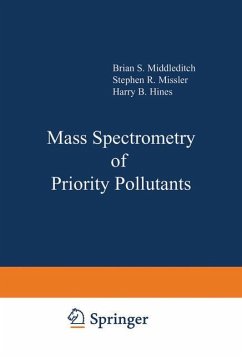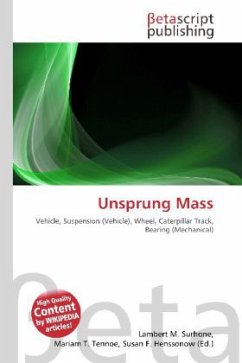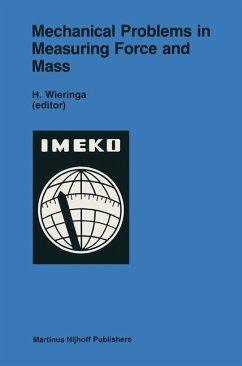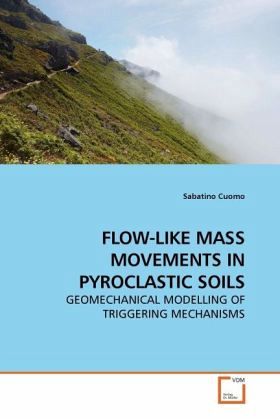
FLOW-LIKE MASS MOVEMENTS IN PYROCLASTIC SOILS
GEOMECHANICAL MODELLING OF TRIGGERING MECHANISMS
Versandkostenfrei!
Versandfertig in 6-10 Tagen
52,99 €
inkl. MwSt.

PAYBACK Punkte
26 °P sammeln!
Flow-like mass movements are among the most severe natural hazards. They often cause catastrophic consequences when involving pyroclastic soils. These soils are widespread all over the world, also in very high populated regions. Modelling the triggering mechanisms of these landslides is a fundamental step for the hazard assessment. Several approaches are available which, however, must be systematically checked through their application to well documented case histories. In this PhD Dissertation (University of Salerno, 2006) a general discussion is provided for these phenomena. Then, a case stu...
Flow-like mass movements are among the most severe natural hazards. They often cause catastrophic consequences when involving pyroclastic soils. These soils are widespread all over the world, also in very high populated regions. Modelling the triggering mechanisms of these landslides is a fundamental step for the hazard assessment. Several approaches are available which, however, must be systematically checked through their application to well documented case histories. In this PhD Dissertation (University of Salerno, 2006) a general discussion is provided for these phenomena. Then, a case study is selected from Southern Italy, where huge rainfall-induced flow- like mass movements caused 159 victims in May 1998. Based on geology, engineering geology, geotechnics and geomechanics, a multidisciplinary approach is used for the analysis of the occurred landslides at different scales. Their triggering mechanisms are individuated and their geomechanical modelling is performed through limit equilibrium, uncoupled and hydro-mechanical coupled stress-strain analyses. The obtained results are compared with those available from other models.



